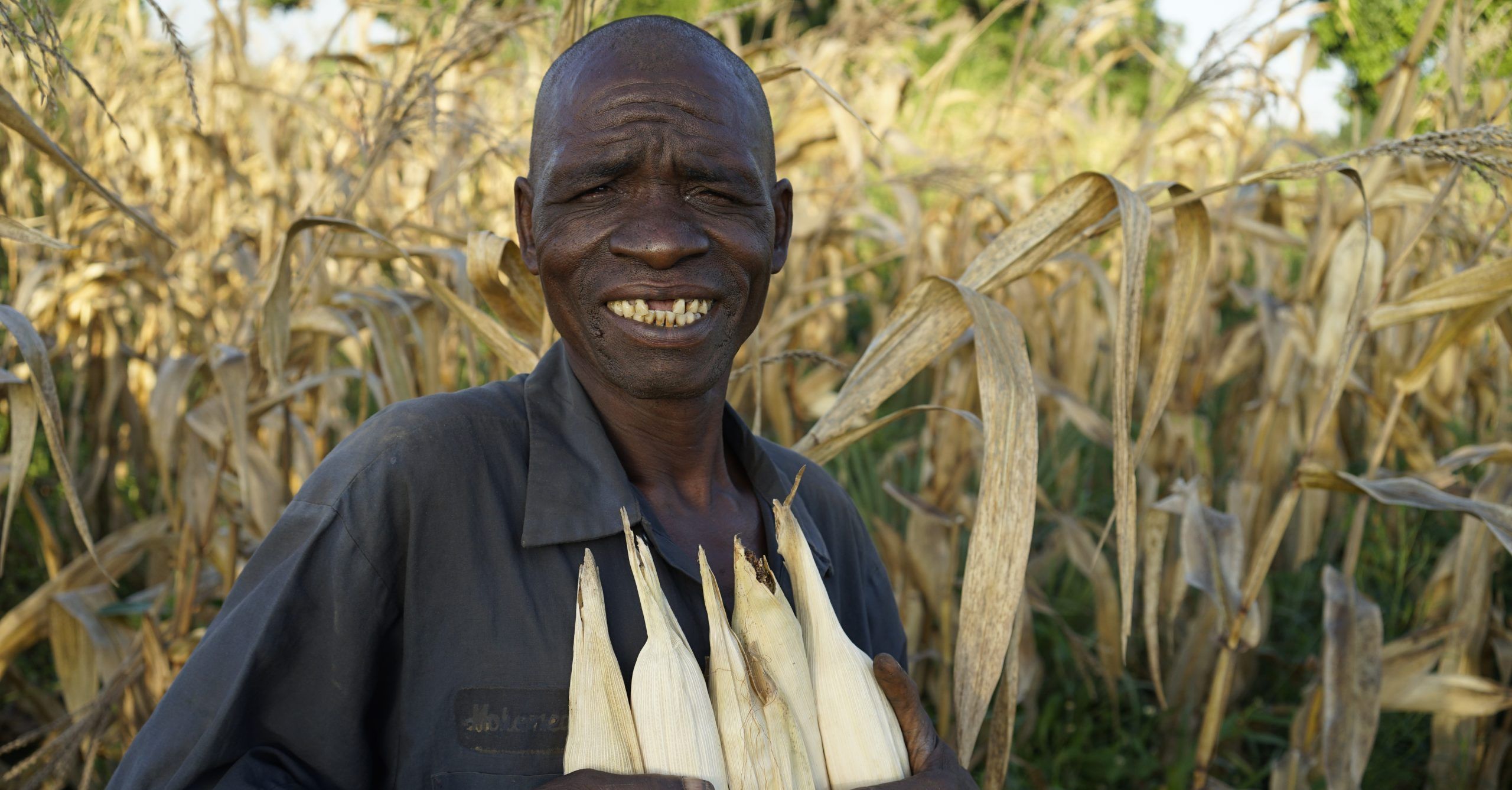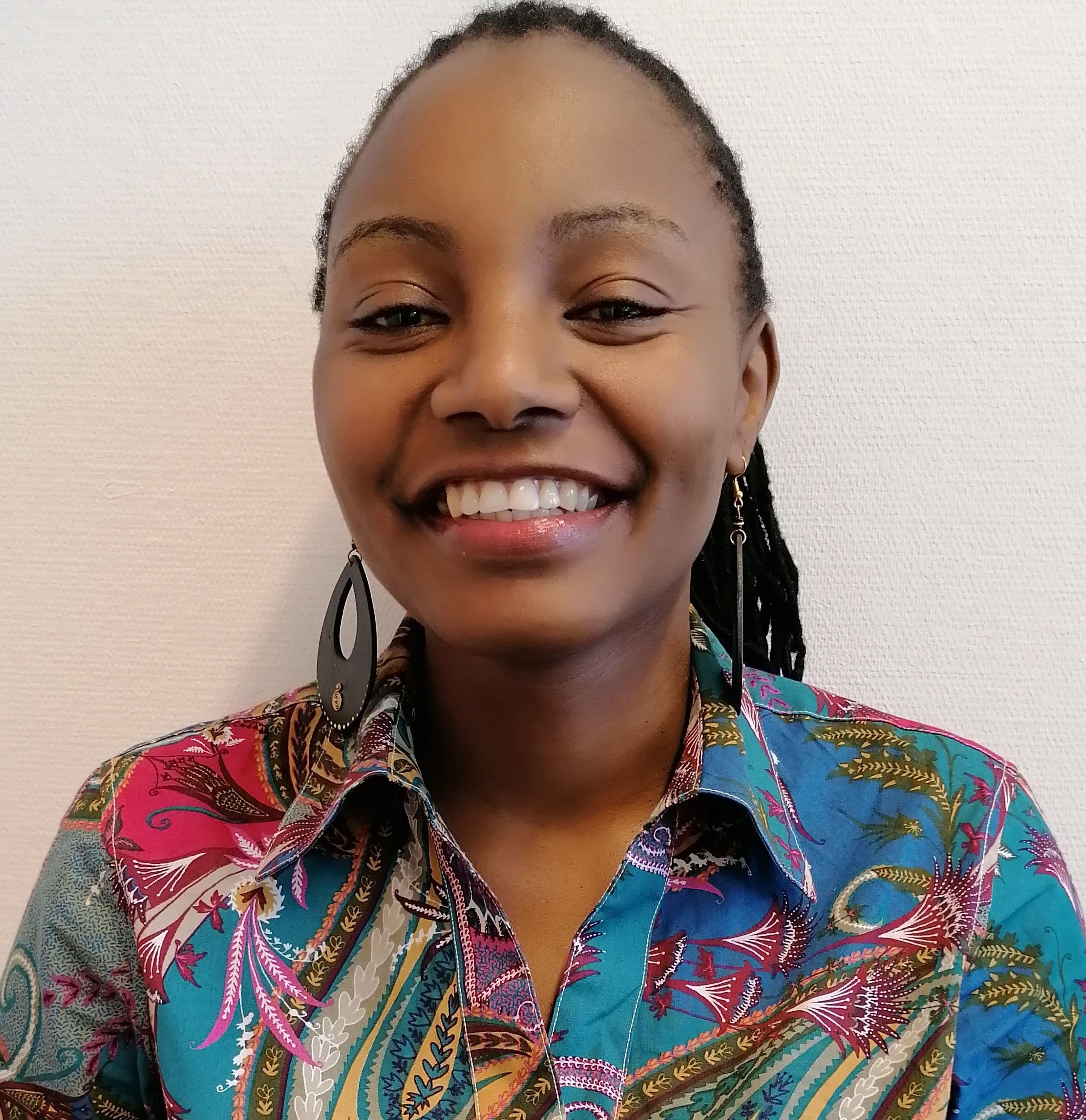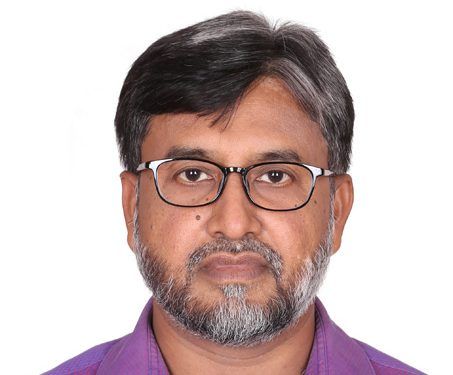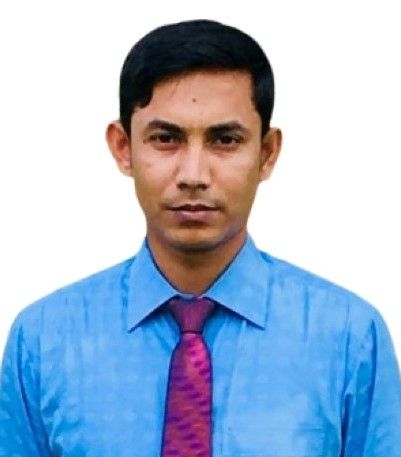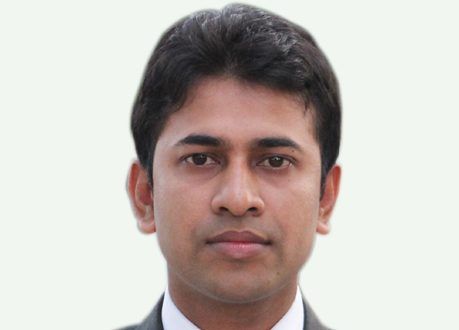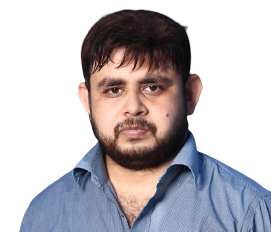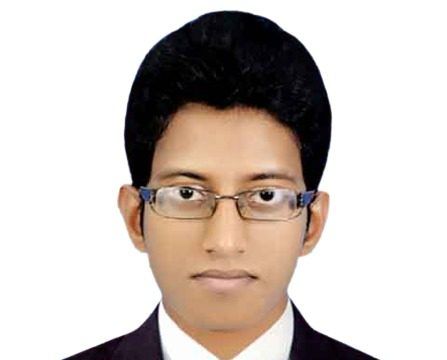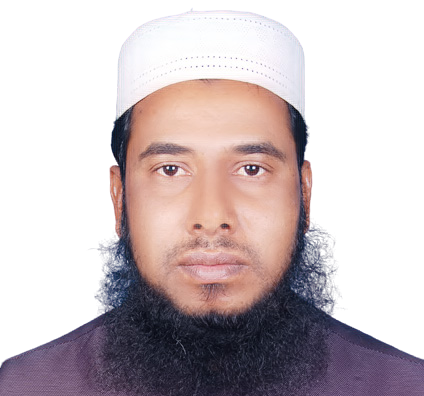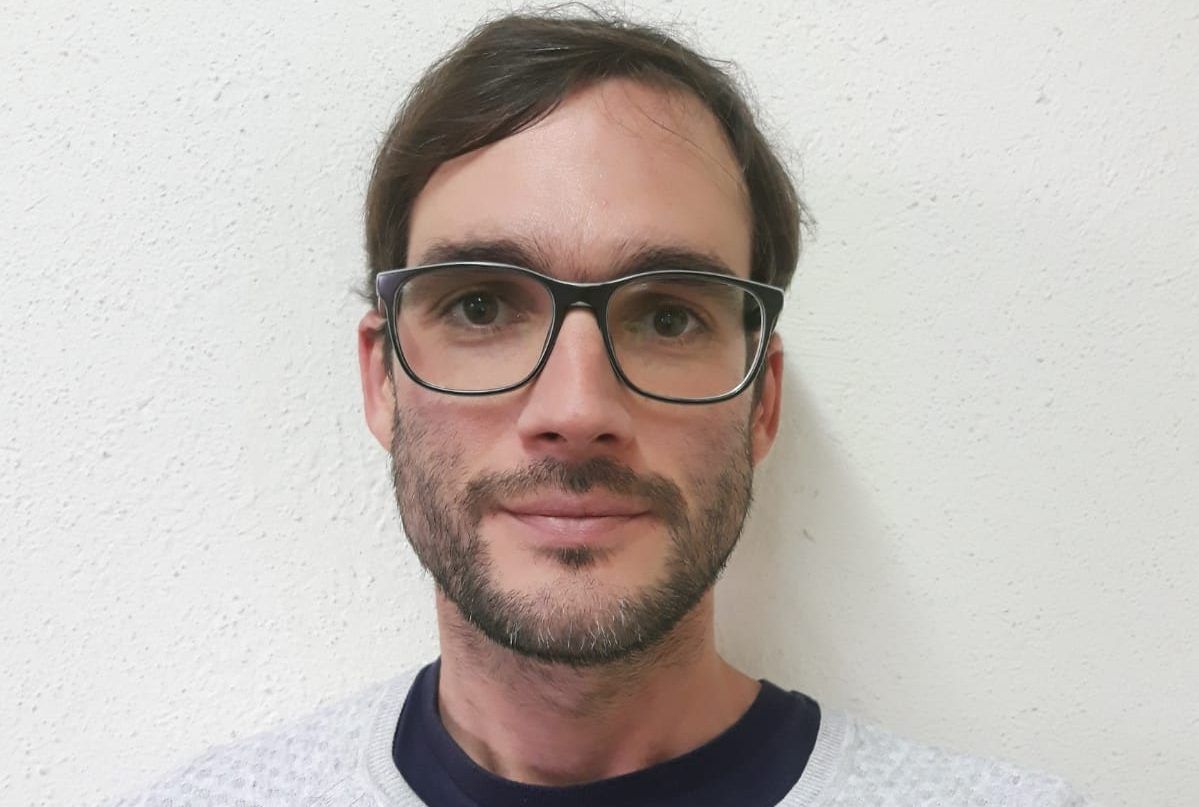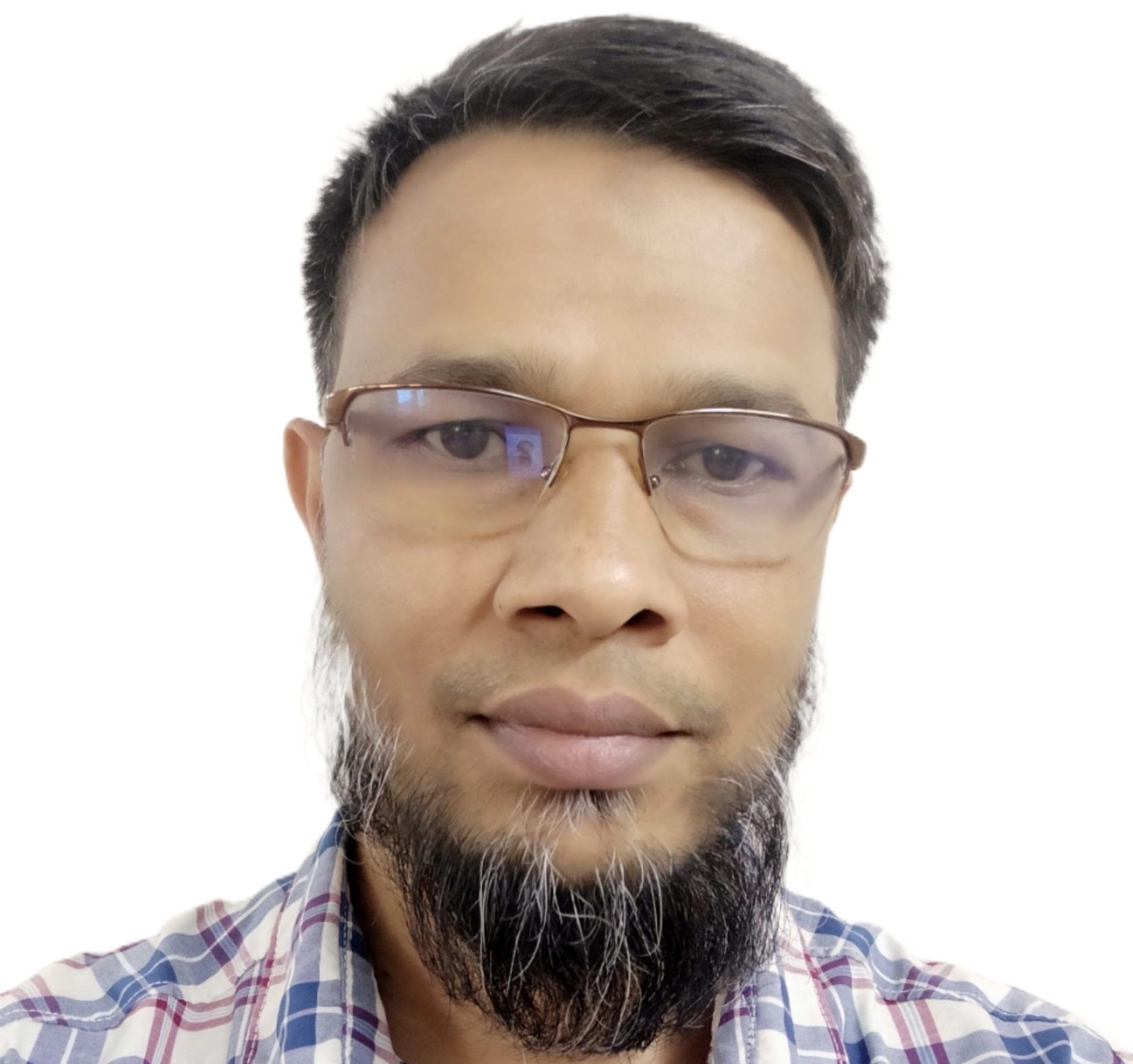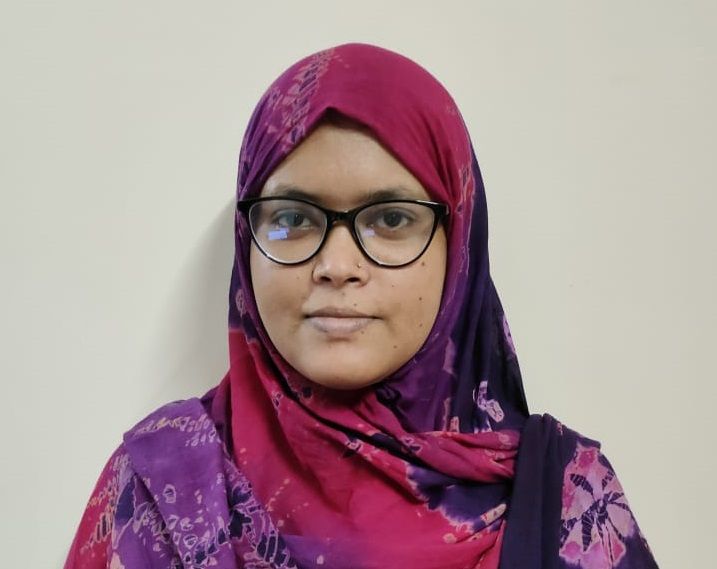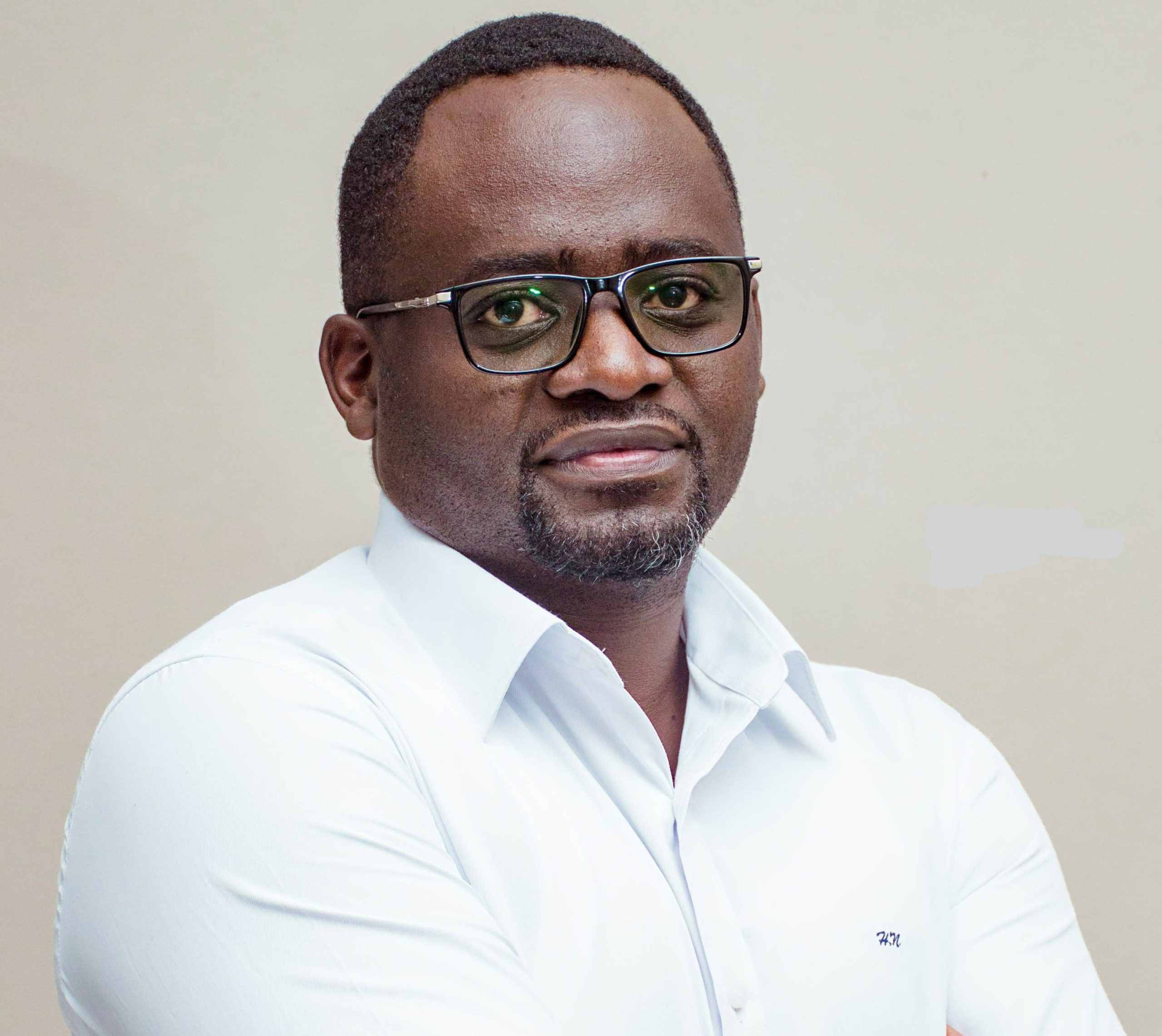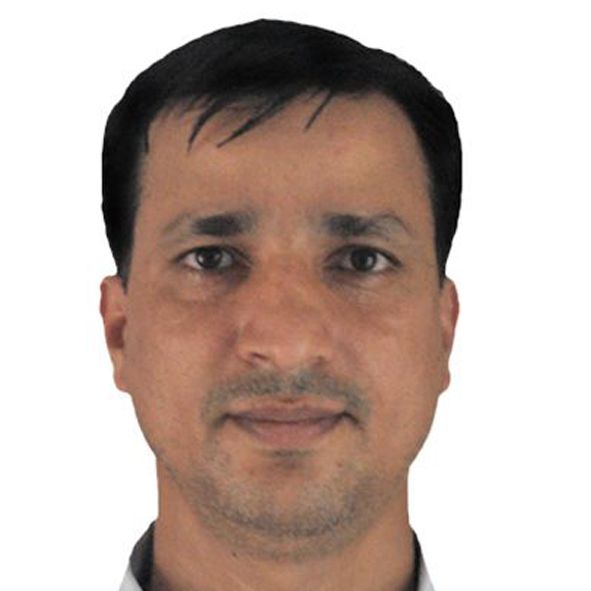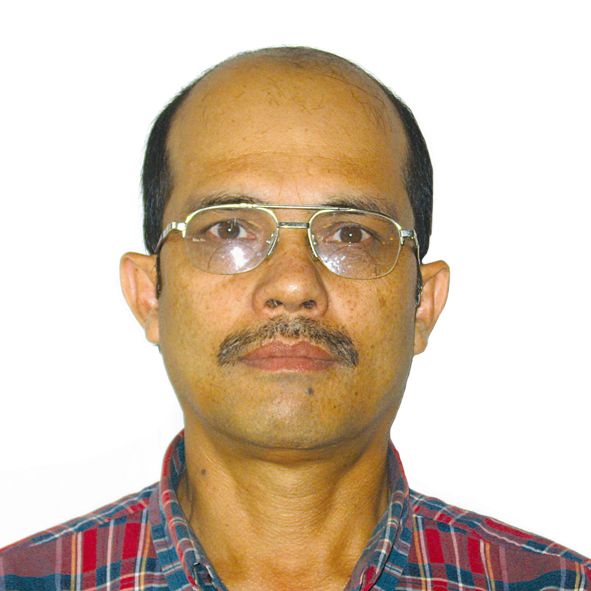Partnership approach to maize development praised in new study
Using data from 1995-2015, an empirical study from the International Maize and Wheat Improvement Center (CIMMYT) and the International Institute of Tropical Agriculture (IITA), led by Vijesh Krishna, CIMMYT Lead Adoption – Impact Economist, has estimated the economic benefits of new varieties in 18 major maize-producing countries in sub-Saharan Africa.
Kevin Pixley, Deputy Director General for Research (Breeding and Genetics), a.i., and Director of the Genetic Resources Program, said, “This was not easy due to the challenges of gathering and analyzing complex data, but it’s a very important milestone for CIMMYT. Peer review in a highly respected journal is a gold standard that gives external critique and endorsement to the impact assessment methods used and estimates reported for CIMMYT and IITA’s work with partners in Africa.”
Around 60 percent of the 1,345 maize varieties released in this twenty-year period had a known CGIAR parentage.
Approximately 34 percent of the total maize area in 2015 was cultivated with CGIAR-related maize varieties from 1995 onwards, equivalent to 9.5 million hectares (ha); 13 percent of the maize area was under CGIAR-related varieties released before 1995.
The new maize varieties hold an economic benefit for the region, with an estimated value of US $1.1-1.6 billion in 2015 equally attributed to CGIAR, public-sector national research and extension programs, and private sector partners. With maximum annual investment in CGIAR maize breeding sitting at US $30 million, the estimated benefit-cost ratio for investment was between 12:1-17:1, depending on the underlying assumptions.
“This paper is a valuable contribution to literature on impact assessment, highlighting the real challenges and approaches to quantify impact of work that is a collaboration among many,” continued Pixley. “Both the methodologies and impact estimates will be valuable to researchers and funders of plant breeding programs.”
Read the study: Impact of CGIAR maize germplasm in Sub-Saharan Africa
Cover photo: Farmer Chana Filimoni harvesting maize in his field in Chakwawa village, Salima District, Malawi. (Photo: Peter Lowe/CIMMYT)
